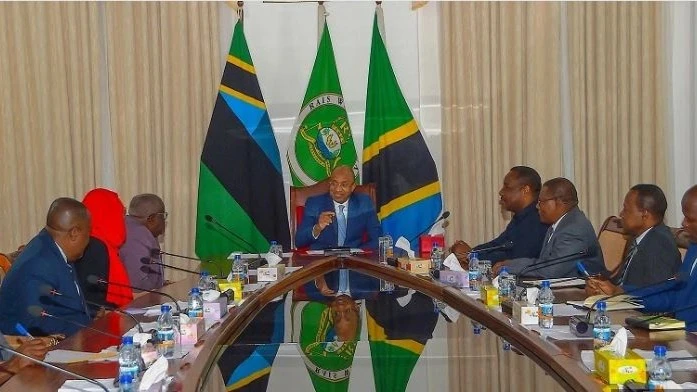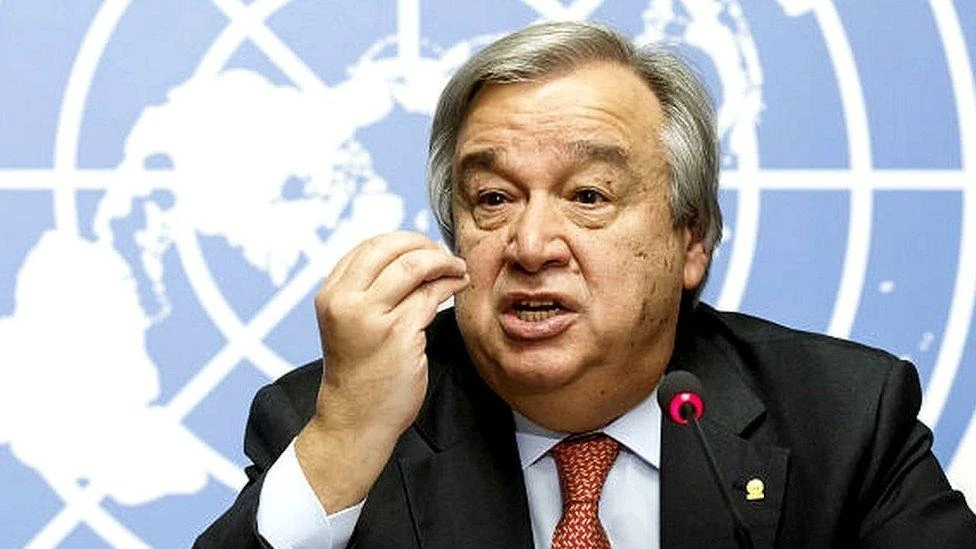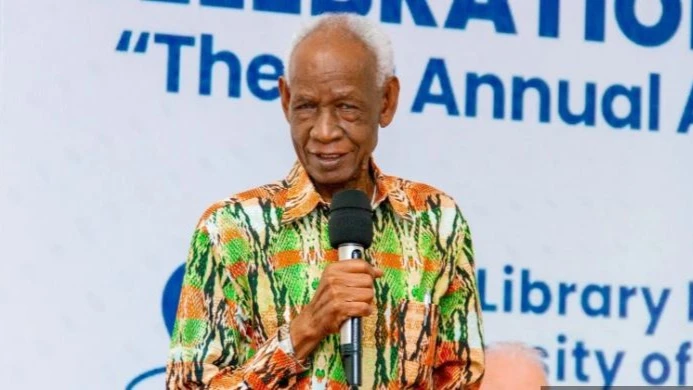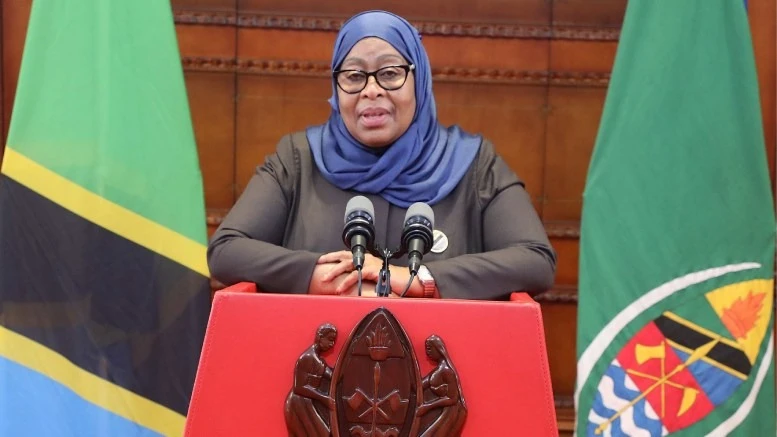Zanzibar and Comoros have plenty of ‘notes’ to compare

EXTERNAL engagements are visibly improving on the part of Zanzibar, as it has of late initiated noticeable consultations and potential deals in various spheres as it works to elevate the blue economy profile.
The latest event is receiving a delegation from the Indian Ocean state of the Comoros, which has plenty to compare with Zanzibar in terms of language and culture.
One major difference is that the Comoros were split while seeking independence, the main part being bitterly divided.
As Zanzibar stabilises in its efforts to widen the anchor of its economy, for too long reliant on cloves and tourism, there is talk of enhancing economic links with the Gulf Zone states.
There are also efforts to broaden and boost relations with neighbouring areas including in starting or enhancing boat services on the long coastline, now extending to the Comoros.
A civic delegation was in town lately with which Zanzibar authorities engaged in talks on revived economic diplomacy, suggesting that cooperation involving the two parties will be catching up.
The level of discussions may have been a bit slight, kind of introductory, as at any rate it was a delegation of business people led by the Moroni city governor.
There are areas in which the Indian Ocean archipelago is making an effort to stabilise, while Zanzibar stabilised much earlier largely as a result of the Tanzanian Union.
Even with the quest for economic reforms, it is chiefly economic opportunities opening up on a global scale, making the two states see opportunities in various spheres.
Already an all-encompassing African Continental Free Trade Area (AfCFTA) has been ratified by most African Union member states. That in a way diminishes the need for special arrangements in custom duties with nearby countries and even far-off places, so long as they can associate with the particular trade arrangement.
What now remains is for businesspeople in either island state to notice where they can possibly have an advantage if it sinks its feet in a sector in the other island state with similar habits.
There is no confirmation of direct indication of investment areas that members of the delegation would be looking at, but they must have had definite ideas for the visit to be arranged, as well as discussions with the Zanzibar president and some top officials.
The Comoros’ delegation started on a cultural note, taking up a theme that anyone in Zanzibar would grab – that is, the need for exchange related to the teaching and learning of Kiswahili. The missing point was that Comorian teachers know French but this wasn’t on their agenda there.
Comorians would also come to Zanzibar to learn Kiswahili, which is likely to be fairly easy as the Ngazija Islands language is a variety of the coastal language.
Of course, centuries of evolution or localisation have drifted the mid-ocean archipelago’s mode of speech far off range compared to that of their ancient littoral cousins.
Surprisingly, isolated ocean countries have peculiar characteristics, including animal species and even vegetation, so the cultural scope of cooperation should be quite vast.
Top Headlines
© 2024 IPPMEDIA.COM. ALL RIGHTS RESERVED

















